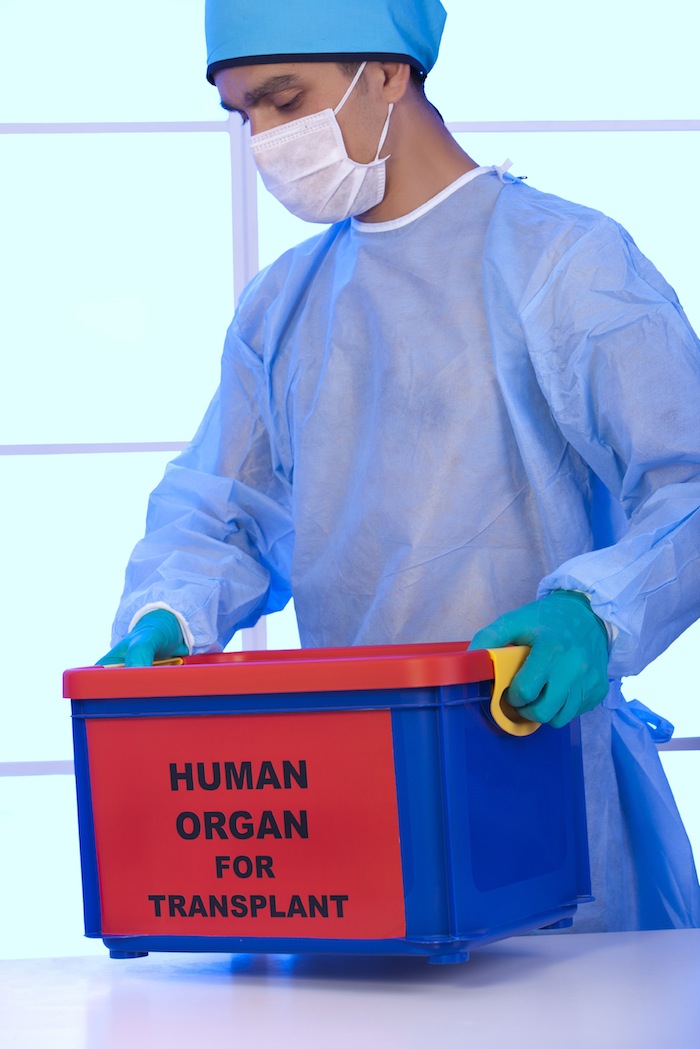
Once considered impossible, heroic and even controversial by some, organ transplantation has, as you know, evolved to become an integral part of standard medical care. Thousands of transplants are performed in the U.S. each year to treat a variety of conditions, from heart and kidney failure to lung disease. The evolution of this procedure is a great example of how scientists and physicians can, through collaboration, discovery and determination, transform a miraculous concept into routine practice.
As the University of Virginia transplant program marked its 50th anniversary this past year, there were many reasons to celebrate. Here are some of the highlights:
- In just 20 years, we’ve seen the success rate for kidney transplant jump from 75 to 80 percent to 95 to 100 percent for transplants involving a living donor. Organ recipients have fewer complications, fewer infections and return to their lives more quickly.
- UVA physicians are now utilizing minimally invasive techniques to perform kidney and pancreas transplants, which means those patients ineligible in the past may soon add transplant to their list of treatment options.
- Great progress has been made in the area of lung transplantation at UVA. At 94.12 percent, UVA has the highest three-year survival rate of any active adult lung transplant program in the United States, according to the July 2017 Scientific Registry of Transplant Recipients (SRTR) report. Additionally, the National Institutes of Health recently awarded UVA $8.6 million in funding for ongoing research to dramatically reduce the large waitlist for donor lungs, detect ischemia-reperfusion injury earlier after transplant, and reduce or eliminate the need for immunosuppression after lung transplant.
- UVA physicians are transplanting islet cells from the pancreas to help restore a diabetic patients’ ability to regulate blood sugar levels, essentially curing the disease. If the success of this procedure is any indication, in the future, we may not transplant entire organs at all, but only the cells necessary to repair a defective organ.
Despite these incredible achievements, there’s still progress to be made in the field of transplant medicine. The goal as UVA kicks off this next half-century: make organ transplant accessible to all patients who would benefit. “Through technological advances, scientific discovery and greater awareness, we are well on our way,” says José Oberholzer, MD, MHCM, FACS, director of the UVA Charles O. Strickler Transplant Center.